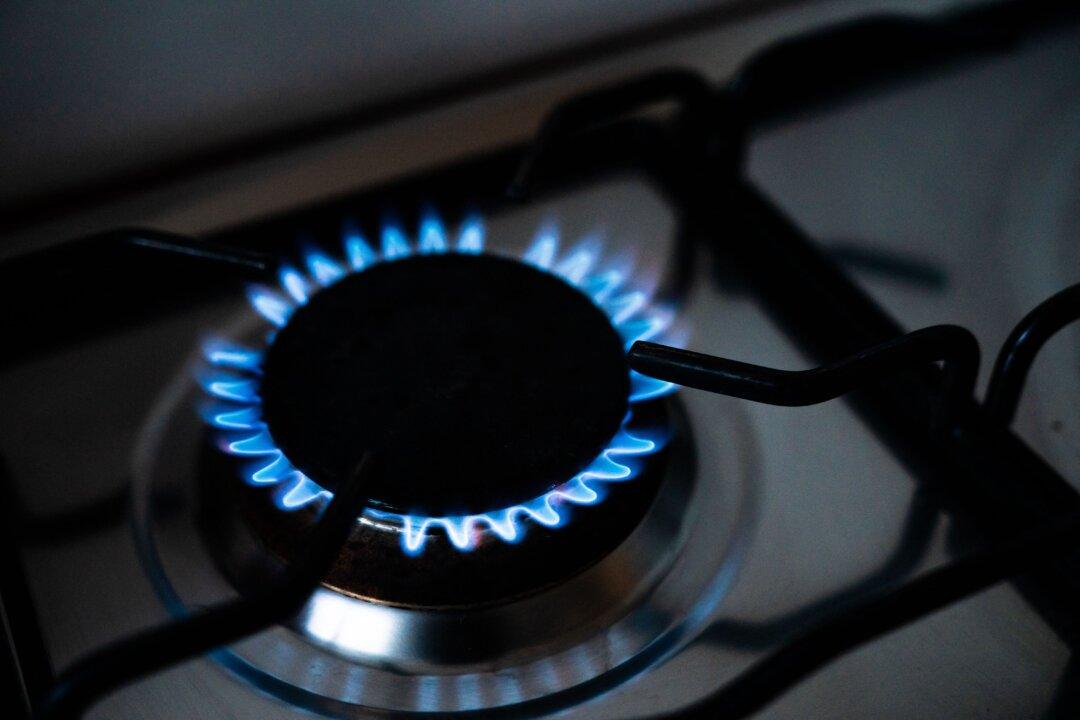A federal agency may implement a nationwide ban on natural gas stoves over concerns that they cause health and respiratory problems.
The U.S. Consumer Product Safety Commission (CPSC) will have public comment about gas stoves in the winter of 2023 and could set standards on emissions—even possibly banning them, CPSC head Richard Trumka Jr. told Bloomberg News. Natural gas stoves are estimated to be used in roughly 40 percent of all U.S. homes.





